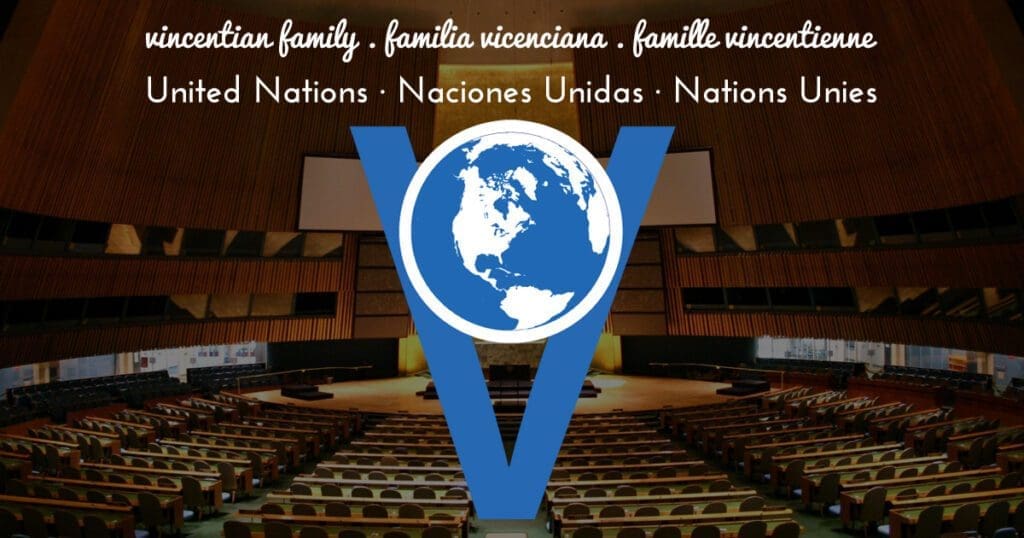Thinking about all 17 Sustainable Development Goals, the UN’s ambitious 2030 Agenda for People, the Planet and Prosperity, is exhausting. I sometimes think that if we could just solve #1—No Poverty—we could all go home and relax.

But a closer look tells us otherwise. Poverty is many things:
- A deliberate policy choice (by policy-makers and the well-connected)
- Stubborn and complex—the US declared “war” on poverty, and lost
- Full of myths and falsehoods about its roots and remedies
Although poverty saps one’s spirit, limits one’s choices and forces people into an everyday battle for survival, blaming people in poverty for their own plight is a constant refrain.
One of the strongest myths is the old “Pull yourself up by your boot straps” argument which is deeply embedded in American capitalism. Its counterpart is the myth of the “self-made” successful person. No one really “makes it” entirely on their own. Those at the economic top had help in many forms and were usually positioned to take advantage of what others had previously done. Think infrastructure, physical and technological. Consider opportunity. The zip code one is born into. The amount of melanin in one’s blood.
It is also—irony of ironies—expensive to be poor! The rich get richer because they are able to spend less money (in the long run) by buying in bulk, buying higher quality items that save money over time, putting more money down at the outset (to avoid interest and late charges). Their money makes money. Having money saves them money.
But poverty is much more than an empty wallet. It is deeply multi-dimensional and to treat it in a single dimension misses the point entirely. Which is where the other 16 SDGs come in. They too must be addressed and resolved to eliminate poverty. Things like hunger, homelessness, education, healthcare, child care and livelihoods, and all the components of the human rights framework that everyone should enjoy.
The good news is that in spite of its persistence, poverty is not inevitable. Nelson Mandela observed that poverty is the result of human decision-making and therefore can be eradicated by other decisions. To do so, systems must change. But first, attitudes and convictions must change. Our thinking must change.
We may never achieve the lofty goal of “No Poverty” in an absolute sense, but we certainly can work to eliminate extreme poverty, and help many people mired in misery find their way to a better life IF we listen to them, the real experts on the issue. IF we help them advocate for themselves, since real and lasting change only happens from the bottom up. And IF our joint advocacy is bold in addressing root causes, so more equitable systems can be developed. After all, inequality is the root of all social ills.
The UN calls for a new Social Contract, one that ensures rights, opportunities and basic protections for everyone. Others call it, at least for the US and other more developed nations, a new Economic Bill of Rights, the kind that FDR and MLK Jr. called for, with social protection floors and benefits that position everyone for success. Dangerous and widening inequality demand these steps now.
No Poverty. What a world that would be. A bit of the “abundant life” Jesus proclaims, another piece of the Kingdom of God on earth.
Jim Claffey
NGO representative of the CM to the UN
www.congregationofthemssion-un-ngo.com







0 Comments